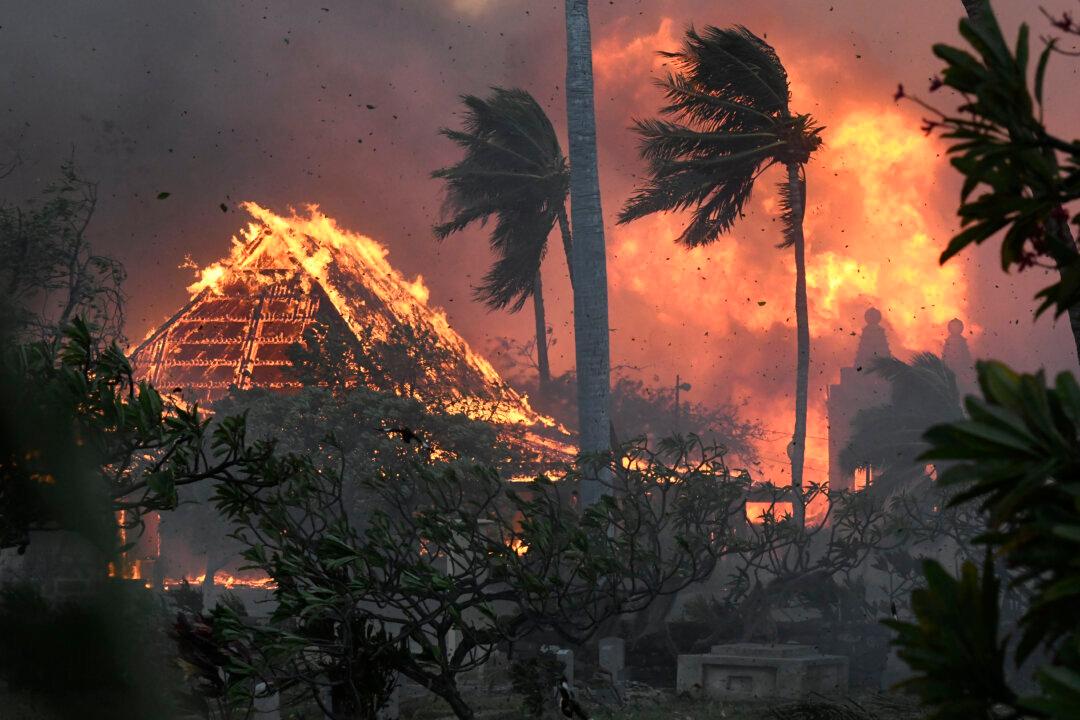Several residents in Maui received no warning prior to the wildfires that ravaged their neighborhoods and killed dozens of people.
The destructive wildfires have, thus far, killed at least 55 people on the island of Maui, injuring dozens more. Officials have warned that the death toll could rise. Thousands of people have been displaced and at least 1,700 structures were razed by flames in the town of Lahaina. With power and cell service down in western Maui, the exact number of how many people died or survived has been difficult to gauge.





